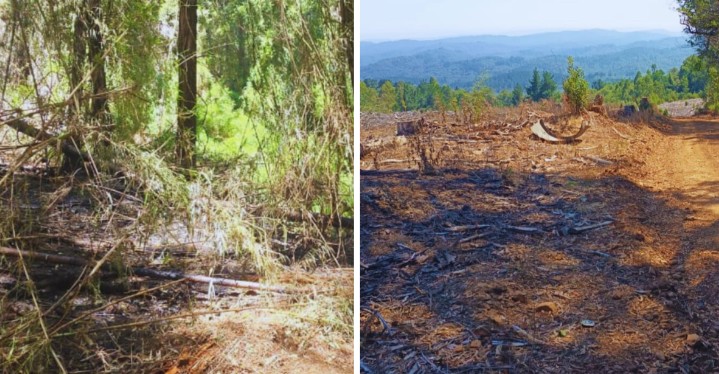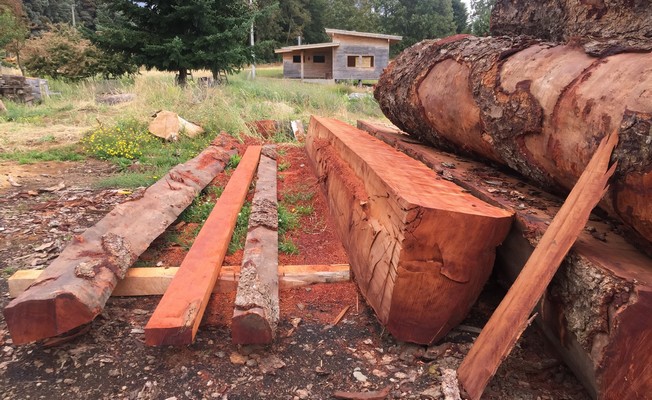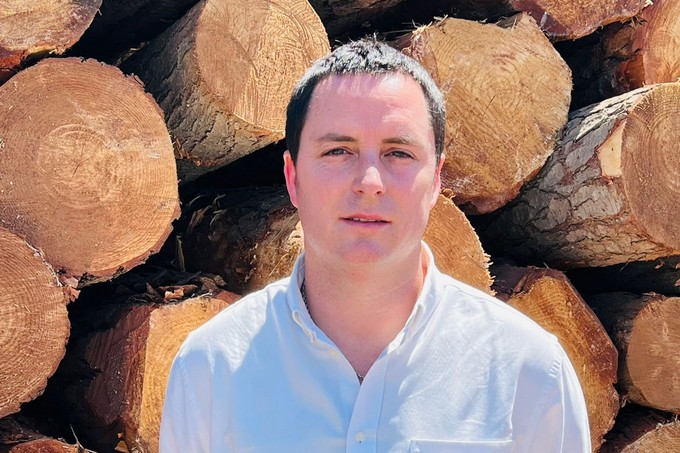The forestry, pulp, and wood industry is one of the strong points in several regions of the country's south, particularly in Bío Bío.
In fact, these products are the most exported from the area abroad, to the North American and European markets, and to a greater extent, to the East.
For this reason, there is concern in the sector due to the study being conducted by the U.S. government on possible tariffs on wood.
The fear over possible tariffs on wood
When Trump declared a global 10% tariff and a series of "reciprocal" tariffs on "Liberation Day," among the products exempted from these trade measures were copper and wood.
This provided relief for two of the country's most important sectors: mining and forestry.
However, just as with the red metal (copper), fears have not dissipated, as once the investigations by the U.S. Secretary of Commerce conclude, Trump could ultimately impose a tariff on these types of exports.
In this regard, there is concern in the sector, as expressed by the Chilean Wood Corporation (Corma), whose Bío Bío guild president, Alejandro Casagrande, stated that all they can do is wait.
When consulted, Economy Minister Nicolás Grau said that the impact on employment in the forestry sector and others, at least in Chile's case, will be limited.
This is due to the country's economic openness with other markets, though he acknowledged that some situations cannot be avoided "because they are global situations."
Meanwhile, Labor Minister Giorgio Boccardo stated that it is necessary to build a labor framework to address potential problems that economic sectors may face, and that is what is being done.
The minister added that for this reason, in the coming weeks, a bill will be submitted to Congress seeking a comprehensive reform of labor subsidies, expected to be more flexible, aid affected sectors, and promote job creation.
Source:BiobioChile







Comments (0)
No comments yet. Be the first to comment!
Leave a comment